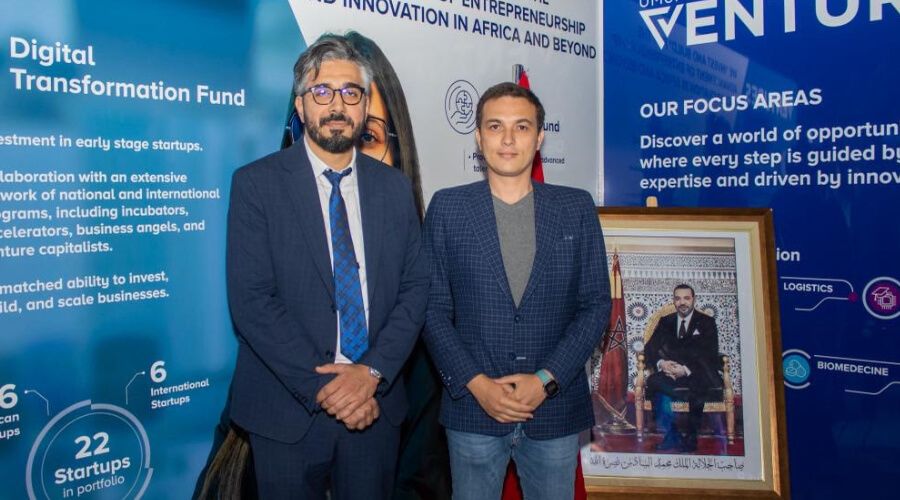Chari receives undisclosed investment from UM6P Ventures

- Morocco-based B2B e-commerce and fintech startup Chari has raised an undisclosed investment amount from UM6P Ventures, the investment fund of Mohammed VI Polytechnic University.
- Founded in 2020 by Ismael Belkhayat and Sophia Alj, Chari lets retailers purchase large quantities of inventory items directly from suppliers.
- The investment aims to boost financial inclusion and digital transformation in Africa.
- Last July, Chari raised $1.5 million from Verof-Kepple Africa Ventures.
Press release:
UM6P Ventures, the investment fund of Mohammed VI Polytechnic University, announced its decision to invest in the e-commerce startup Chari to boost financial and digital inclusion in Africa.
A statement from the partners said that UM6P Ventures and Chari entered into a partnership with the ambition of developing a “fintech academy aiming to foster financial inclusion, sustainable growth, and harmonious development through the local Moroccan entrepreneurial ecosystem”.
Chari has recently obtained a payment institution licence (license d'établissement de paiement), and is now developing the needed technology to provide its partners and customers with embedded financial services.
“This investment, like our other investments in digital transformation, aims to address major challenges. This one is related to retailtech,” CEO of UM6P Ventures Yassine Laghzioui said.
CEO of Chari Ismael Belkhayat also expressed satisfaction with this partnership, emphasising that the startup will use the funds raised to “become a leader in B2B e-commerce with embedded finance.” He added that the startup’s objective is to offer local businesses the opportunity to benefit from various financial services.
Founded by Sophia Alj and Ismael Belkhayat, former McKinsey and BCG consultants, Chari aims to digitise the entire value chain of FMCG distribution in Francophone. In May of this year, the Moroccan startup was featured on the list of the fastest-growing businesses in Africa on a ranking made by the British magazine, the Financial Times.


